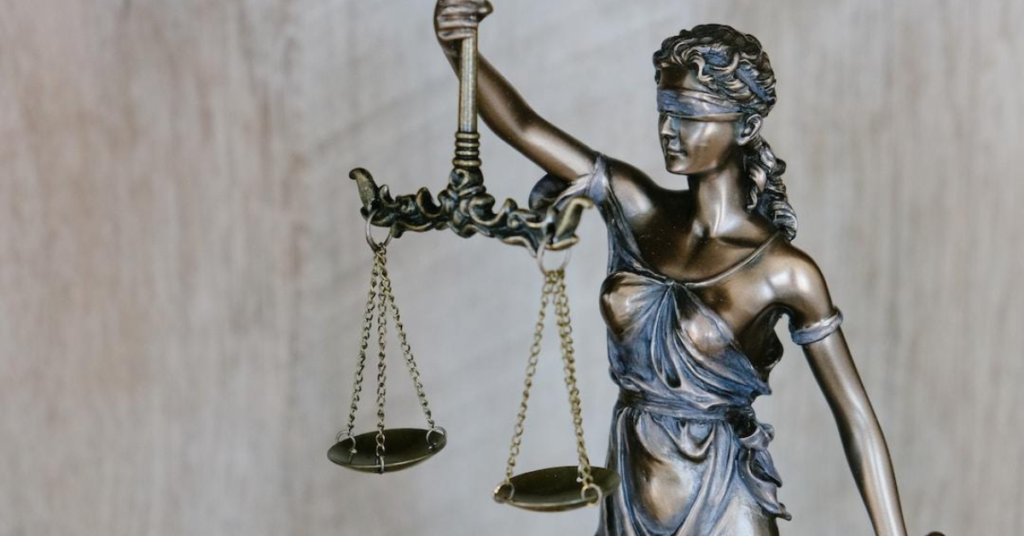A Driving While Intoxicated (DWI) charge is a serious offense that can have substantial legal consequences. In many jurisdictions, this charge means that a driver is accused of operating a vehicle while their blood alcohol content (BAC) is above the legal limit. Understanding the nuances of a DWI charge is crucial for anyone facing such an accusation. Below, we will delve into the details of DWI charges, legal definitions, the criminal process involved, and defense strategies to ensure you are well-informed.
Understanding DWI Charges and Their Legal Implications
DWI charges are a matter of grave concern within the legal system. The law often defines such an offense as the operation of a motor vehicle while under the influence of alcohol or drugs to the degree that mental and motor skills are impaired. These charges hinge on the blood alcohol concentration (BAC) of the driver, which must be at or above a specified threshold, generally 0.08 percent for adults in the United States.
Following an arrest, the legal process unfolds in stages, starting with an arraignment and potentially leading to a trial. For those seeking counsel in the Austin area, selecting the best DWI attorney in Austin Texas can make a difference in navigating the complex legal system. An attorney will understand the complexities of the legal system and can navigate it well. They can analyze the evidence against you, challenge any inconsistencies or inaccuracies, and identify possible defenses that may lead to reduced charges or even dismissal of the case.
The legal implications of a DWI are far-reaching and can include administrative actions, such as the immediate suspension of a driver’s license. The nature of the charge may vary based on several factors, including the driver’s BAC level at the time of arrest, prior offenses, and if there was injury or damage caused. As such, when charged with a DWI, securing legal representation is imperative.
The Process of Getting Charged with a DWI
The process of being charged with a DWI begins with a traffic stop or checkpoint where an officer suspects impairment. The officer then typically administers field sobriety tests and a breathalyzer test to gauge the driver’s BAC. If these tests indicate intoxication, the driver is arrested and taken into custody. The driver may be held in custody and later released on bail. A court hearing is scheduled, and the defendant must decide whether to plead guilty, no contest, or not guilty to the charges presented.
During pretrial motions and hearings, evidence is reviewed, and legal arguments are made which can shape the trajectory of the case. This phase may also include negotiations for a plea deal, where the defendant could plead guilty to a lesser charge in return for reduced penalties. If no plea agreement is reached, the case may go to trial where a judge or jury will determine the defendant’s guilt. Throughout these stages, a strong defense is critical, and a seasoned DUI attorney can provide the necessary expertise and representation.
Potential Consequences and Penalties for a DWI Conviction
The consequences of a DWI conviction are significant and can impact multiple facets of a person’s life. Penalties often include fines, which can be substantial and strain an individual’s finances. Alongside financial obligations, community service may be mandated, contributing to the overall penalty burden. License suspension or revocation is another common repercussion, directly affecting one’s mobility and potentially leading to job loss if driving is essential for employment. In some situations, the court might require the installation of an ignition interlock device on the offender’s vehicle, adding to the inconvenience and expense.
For more serious cases or repeat offenders, incarceration is a reality. Additionally, a DWI conviction typically remains on a person’s criminal record, negatively impacting future employment opportunities, education, and housing prospects. Beyond these direct penalties, there are indirect repercussions, such as increased insurance rates and the social stigma associated with a DWI conviction. These long-term effects further emphasize the importance of robust legal defense in DWI cases.
As you can see through this article, the implications of a DWI charge are substantial, affecting legal standing, personal freedoms, and future life opportunities. There is no doubt that vigilant and trustworthy legal representation is paramount in safeguarding the rights of the accused and crafting a defense strategy with the potential to yield favorable outcomes. Follow our advice and you’ll have the best chance of a positive resolution to your case.
Related Articles:
